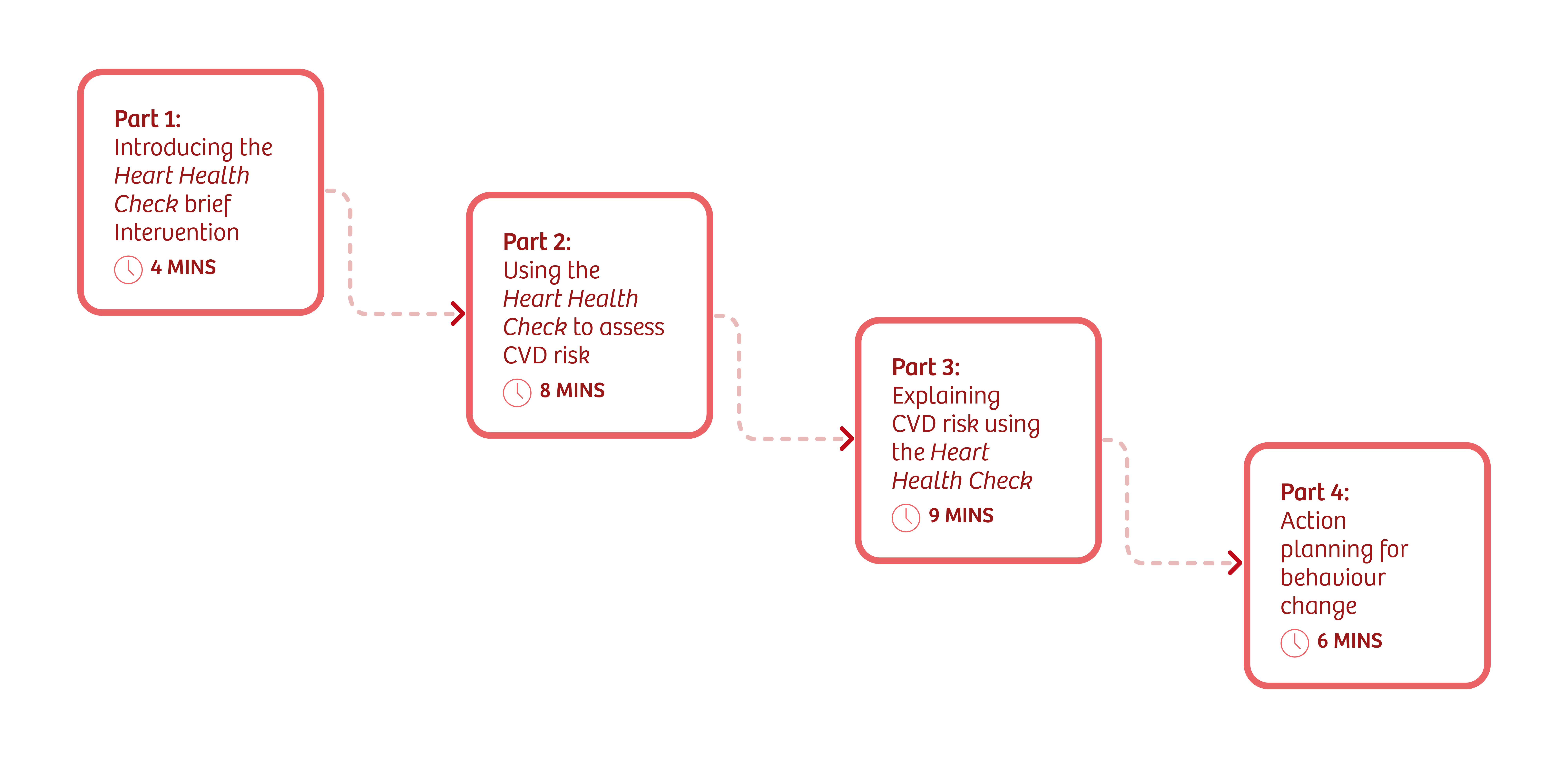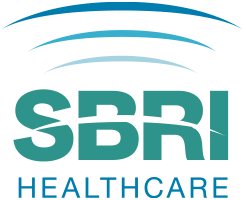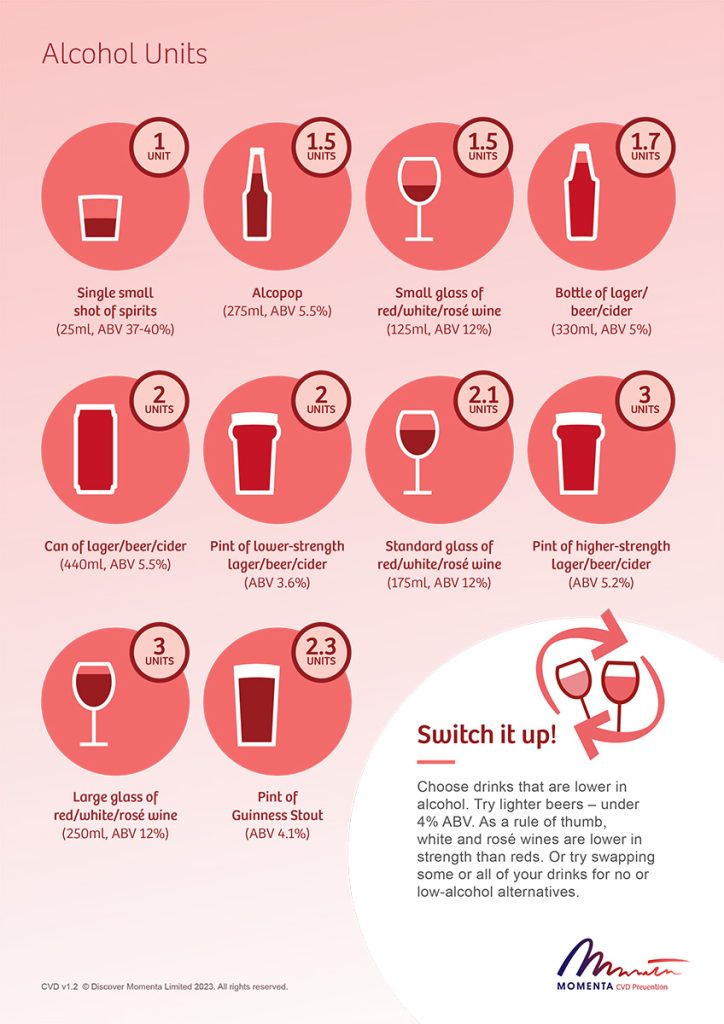Delivering the Heart Health Check brief intervention
Training for health care professionals
Welcome to the Momenta Heart Health Check training for health care professionals. This training module comprises a series of four short video lessons and should take a total of around 30 minutes to complete. You can do this all at once or visit this page at your convenience to complete each part of the training as desired.
Content overview
- Part 1 will help you to understand why the Heart Health Check has been designed and how it can help your patients to make lifestyle changes
- Part 2 will enable you to use the Heart Health Check to raise patients’ awareness of their personal clinical and behavioural risk factors
- Part 3 will support you to talk with patients about risk in a way that motivates them want to reduce personal risk factors
- Part 4 will explain how to set goals and targets with patients and refer them to relevant services in a way that increases their likelihood of taking action
Part 1: Introducing the Heart Health Check brief intervention
Take some time to reflect on the video content and consider:
- How does the structure of the brief intervention compare with the process you currently use when discussing CVD risk and lifestyle change with patients?
- How do you think the Heart Health Check tool can fit into your current care pathway or appointment structure?
Part 2: Using the Heart Health Check to assess CVD risk
Take some time to reflect on the video content and consider:
- What will be the most accurate and convenient way for you to complete the clinical indicator section of the checklist? i.e. from the patient record or by asking the patient questions.
- What benefits can you identify of introducing the behavioural questions on the checklist in the way recommended in the video?
- How can you adopt aspects of this in other areas of practice to avoid creating frustration for patients when asking about lifestyle behaviours?
- Will you use the alcohol unit guide or another tool to help the patient self-assess alcohol consumption? Download the alcohol unit guide
- How familiar are you with the items from the Scot-PASQ questionnaire? Visit the Health Scotland page to learn more about this tool
- Will you use the nutrition questions on the form or another tool to help the patient self-assess whether they eat a heart healthy diet?
Part 3: Explaining CVD risk with the Heart Health Check
Take some time to reflect on the video content and consider:
- What are the benefits of explaining how a risk factor affects heart and circulatory health to a patient?
- Why is it important to minimise technical terms or jargon when explaining this?
- How much opportunity do you realistically have to deliver this kind of explanation to patients in your role?
- What is likely to be the most effective way you can provide a simple explanation or signpost and encourage a patient to view a simple explanation of how their personal risk factors are affecting their heart and circulatory health?
Part 4: Action planning for behaviour change
Take some time to reflect on the video content and consider:
- How you can best use the action plan form to help patients set goals or signpost patients for support to make lifestyle changes within the time constraints of your role?
- Which aspects of the form will be relevant to you in your role?
- Which aspects of the form will you not use?
- What can you do to increase the likelihood that a patient will take action or access the support services you signpost them to?
Congratulations, you’re now ready to put the Heart Health Check into practice!
If you don’t have time to take patients through the in-person Heart Health Check you can signpost them to the online version.
Please let us know what you think
We are keen to hear about how the Heart Health Check is used. We would really appreciate hearing how you use it or plan to use it and how many patients you think could benefit from it – as well as any feedback for future improvements.
We will not share your details with any third parties and will only write to you to let you know about any updates to the Heart Health Check.








